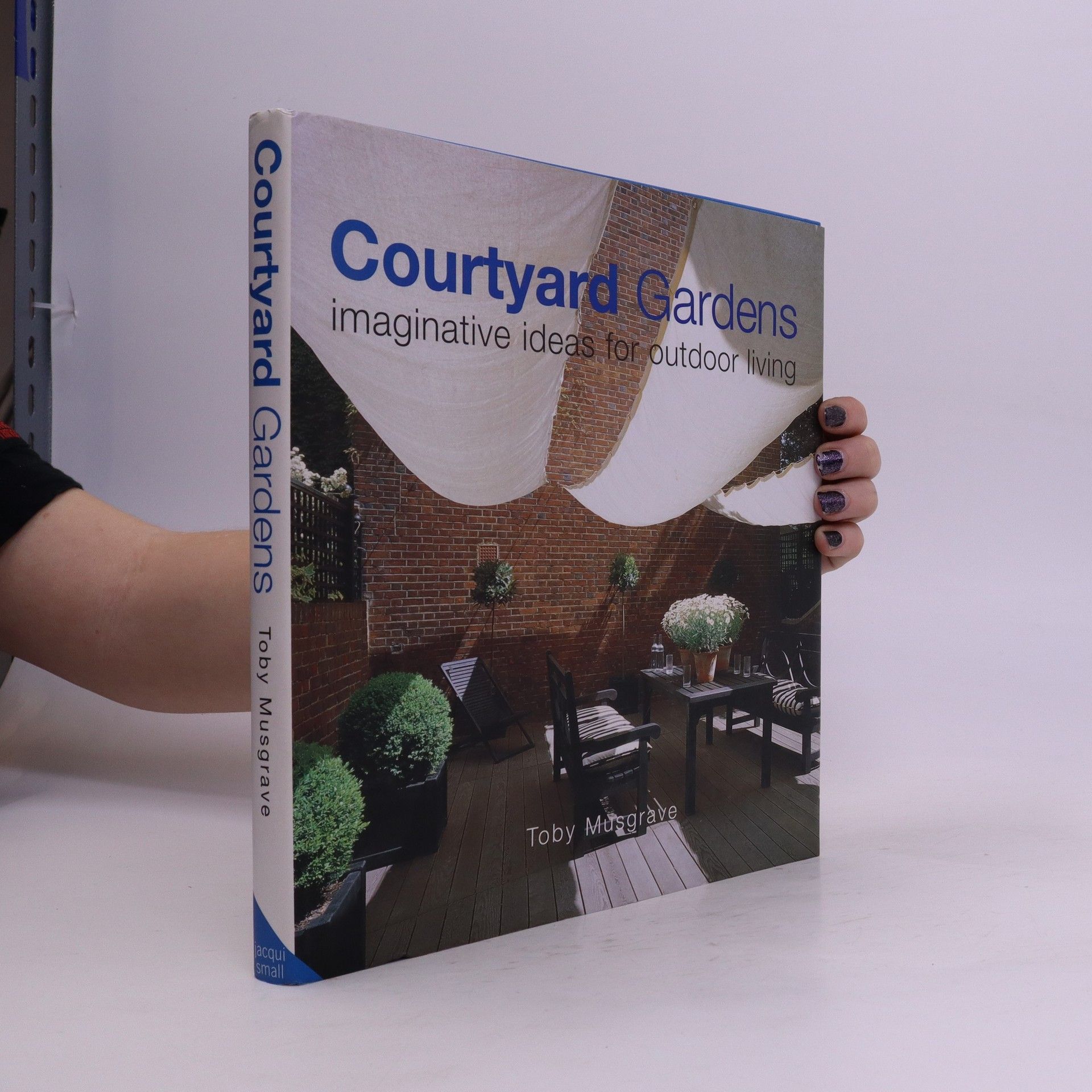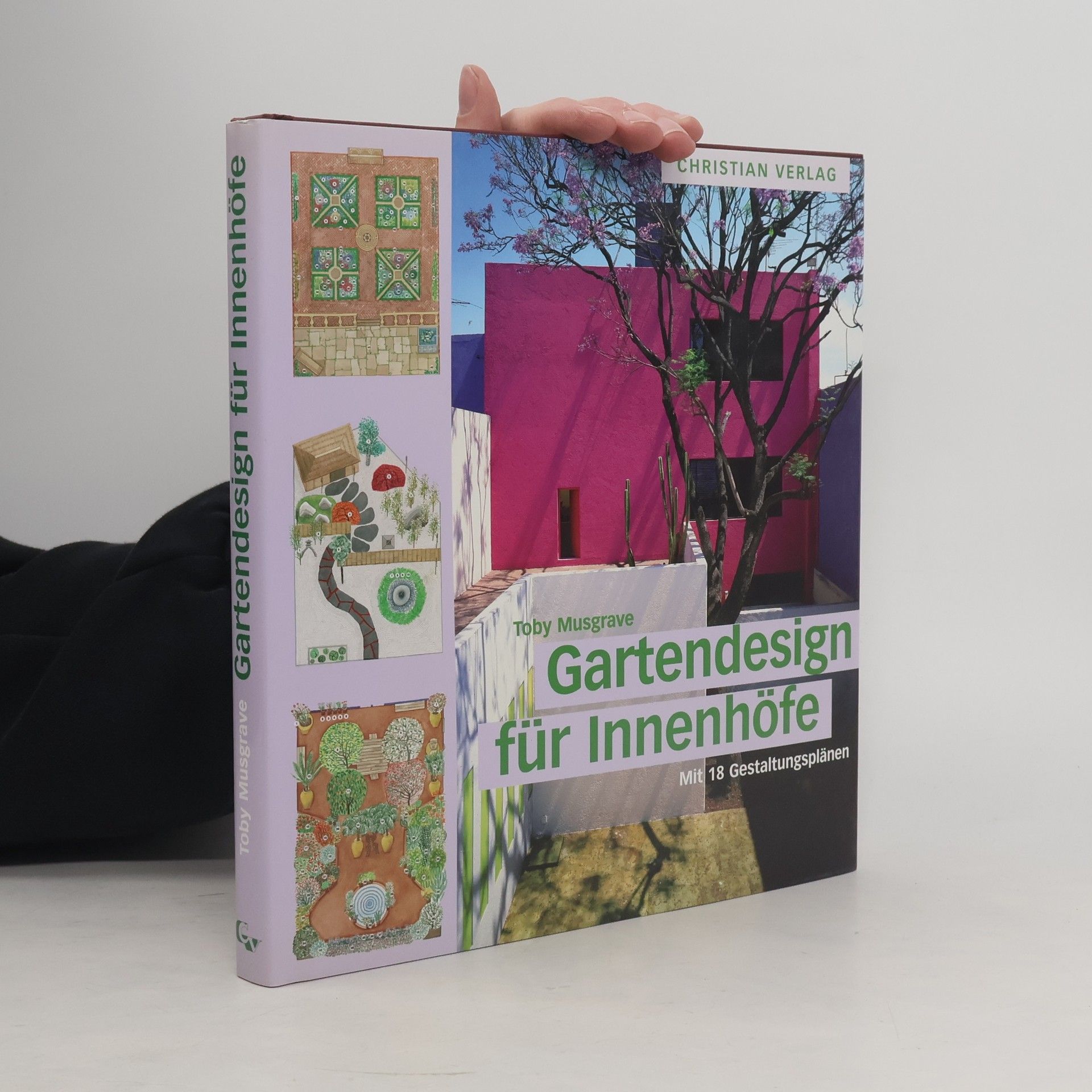Das Paradies auf ErdenSpiritualität und Achtsamkeit stehen heute hoch im Kurs; Menschen begeben sich an besondere Orten auf der Suche nach Stille und Lebenssinn. Häufig haben diese eine besondere Beziehung zur Natur. Die Frage nach dem Woher und Warum dieses Bezugs zur Natur ist der Ausgangspunkt des Buches, das der Bedeutung und Symbolik des Gartens und einzelner Pflanzen in den verschiedenen Kulturen und Religionen in Vergangenheit und Gegenwart nachgeht. Ihre Lehren sind zwar sehr unterschiedlich, aber alle vereint ein Glaubenssatz, der die Verehrung der Natur, die Verwendung von Pflanzen als mit Symbolik erfüllte, beseelte Sinnbilder und in den meisten Fällen Paradiesgärten vorsieht. Anhand vielfältiger Quellen und Abbildungen führt Toby Musgrave den Leser in eine faszinierende Welt der Bedeutungen und Symbole. Neun Exkurse präsentieren vorbildhafte Umsetzungen, die Besuchern heute die Quintessenz des jeweiligen Gartenstils eindrucksvoll vor Augen führen, darunter die Villa d‘Este in Tivoli, der Garten des Verweilens in Suzhou und der Waldfriedhof in Stockholm.
Toby Musgrave Bücher






The definitive reference guide to garden design, its rich history, and the creative art of gardening - a luxuriously illustrated A-Z compendium of more than 200 garden elements, styles, features, and ornaments for gardeners around the globe
Courtyard Gardens
- 144 Seiten
- 6 Lesestunden
There is perhaps no style of garden more emotive and evocative than the cottage garden. Imbued with a sense of romance, idealised by writers and painters and so alluring to garden makers all over the world, it has been fashionable for nearly two centuries. But today we often think the cottage garden as outdated, old fashioned; a relic of a by-gone age. Nothing could be further from the truth. With the hustle and bustle of today’s frantic lifestyle, the cottage garden has never been more appropriate. It is the distillation of the essence of what a garden should be – it is a place of beauty, repose and tranquillity. It enables us to get back in touch with the soil, to enjoy the hugely rewarding, but simple pleasures of sowing seed and taking cuttings; of caring for plants and watching them grow and thrive; of harvesting and eating home grown produce. And when the work is done, we can relax in a beautiful, sweetly scented floral retreat. Including a number of beautiful designs and lavish photography throughout, Toby Musgrave’s guidebook to tranquillity will inspire you to create a garden that is as practical as it is beautiful.
With more than 1,000 images and descriptive texts, this is the ultimate celebration of the world’s most gorgeous gardens – now available with a stunning fuchsia pink cover This internationally bestselling inspirational resource for garden-lovers and designers is now reissued with a gorgeous new cover – bringing the book’s winning blend of…
The Multifarious Mr. Banks
- 386 Seiten
- 14 Lesestunden
A fascinating life of Sir Joseph Banks which restores him to his proper place in history as a leading scientific figure of the English Enlightenment
Green escapes : the guide to secret urban gardens
- 383 Seiten
- 14 Lesestunden
An insider's guide to the world's greatest 'secret' gardens, green spaces, and pocket parks tucked away in cities around the globe Cities everywhere are graced with charming but little-known, off-the-beaten-track gardens and green spaces, offering urbanites in the know a chance to immerse themselves in nature. These often small, well-kept secrets are not as grand as those on the tourist trail but are equally delightful and rewarding to visit, if you know where to find them. Green Escapes is the revelatory insider's guide to these secret gems. Each of them open to the public, the gardens range from pocket parks, courtyards, and rooftop terraces, to community gardens and more.
